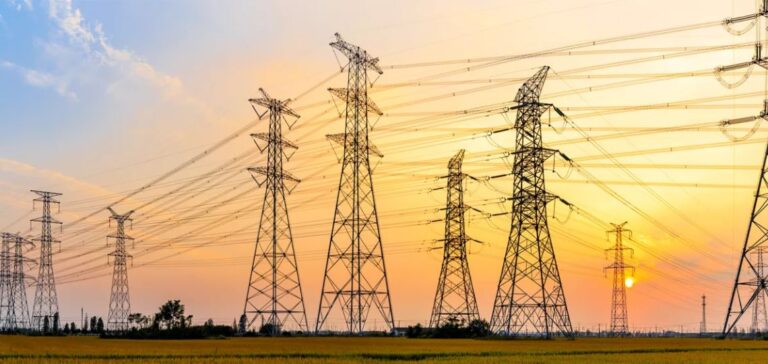France reached a historic level of electricity exports in 2024, with a total of 101.3 terawatt-hours (TWh) exported, generating €5 billion in revenue. This amount marks a significant increase compared to previous years, where revenues ranged between €1 billion and €3 billion. The rise in volume largely offset the decline in wholesale market prices, according to data published by Réseau de Transport d’Électricité (RTE), a subsidiary of Électricité de France (EDF).
A Strong Recovery After 2022
This record comes just two years after 2022, a year marked by an unprecedented situation since 1980, when France became a net electricity importer. The production decline at the time was caused by technical issues in the nuclear fleet, notably stress corrosion affecting several reactors. In 2024, the situation stabilized with more consistent production, supported by a fully operational nuclear fleet and high availability of low-carbon electricity sources.
France’s Main Electricity Importers
Italy emerged as the leading buyer of French electricity, accounting for 32% of exports, followed by Germany (18%) and Belgium (15%). These exchanges are part of a European context where France experienced surplus production, while certain neighboring countries maintained strong demand. Additionally, import periods remained limited and mostly benefited from low-cost, low-carbon electricity from other European countries.
Ongoing Decline in Market Prices
France’s spot electricity market recorded an average annual price of €58 per megawatt-hour (€/MWh) in 2024, compared to €97/MWh in 2023 and €276/MWh in 2022, during the peak of the energy crisis. This price decrease is attributed to an abundant supply of low-cost electricity and a continued decline in consumption. Despite the falling prices, France was able to generate record revenues through sustained exports.
Limited Impact on the Energy Balance
Although the €5 billion in revenue represents a significant performance, RTE emphasized that this amount remains small compared to the cost of fossil fuel imports, which reached over €64 billion in 2024. Fossil fuels still account for nearly two-thirds of France’s energy consumption, although national targets aim to reduce this share to 42% by 2030 and 30% by 2035.





















